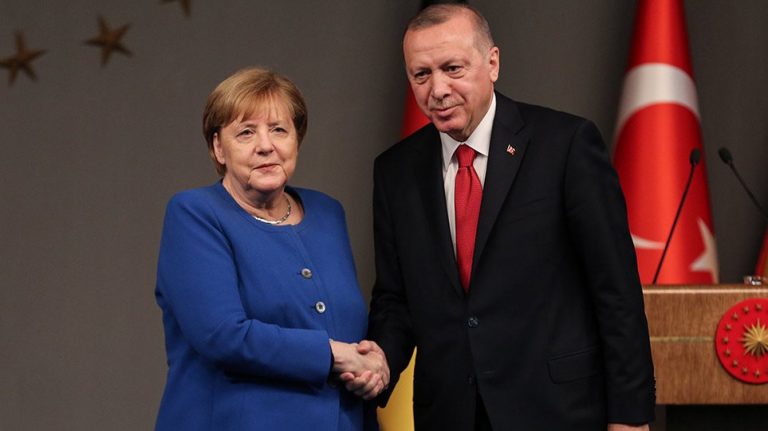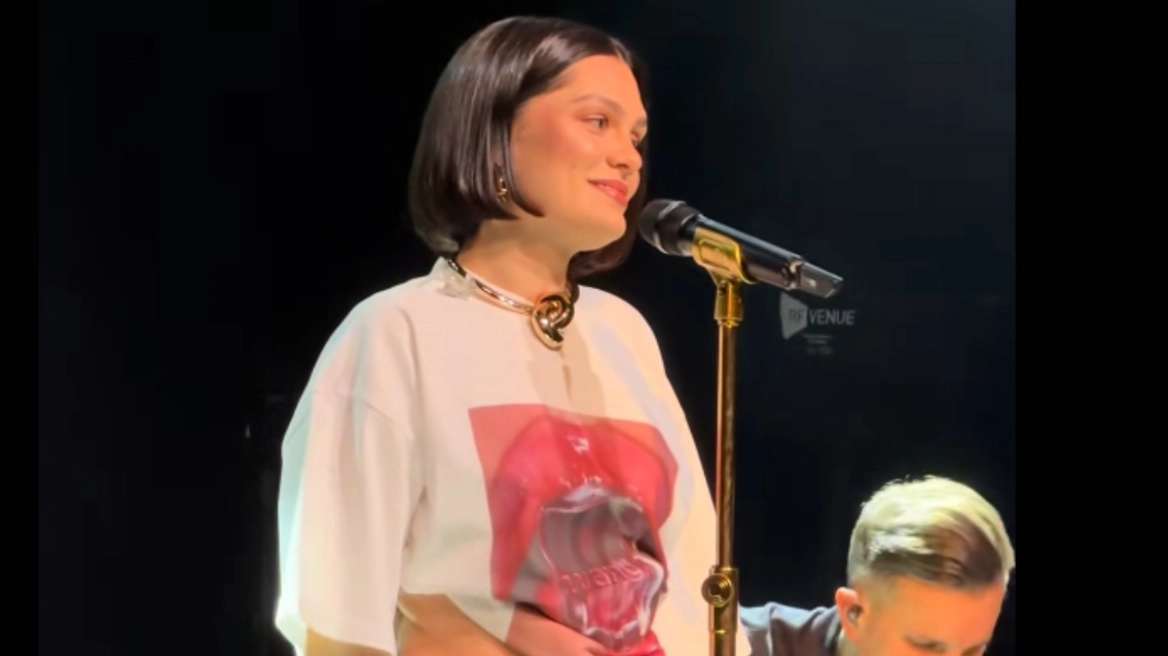Despite the tough rhetoric and verbal condemnation of Turkey’s provocative activities against Greece and Cyprus in the Eastern Mediterranean by the EU and many member states over the past period, its appears the possibility of any tangible actions via the imposition of sanctions on Turkey is far from being a forgone conclusion.
On 10-11 December, EU leaders will meet to discuss again the bloc’s next steps regarding Turkey following a series of disagreements on a number of issues ranging from illegal gas drillings in the Eastern Mediterranean to involvement in Nagorno-Karabakh or Libya, and a recent standoff in the France-Turkey relations.
In theory, the December summit is the deadline set by EU leaders to give Ankara time to de-escalate and move toward a positive agenda with Europe.
But the EU has split into two camps. The vast majority of EU member states agree with the Greek positions and the conclusions of the October European Council that the Heads of State and Government will take decisive steps by imposing sanctions on Turkey over its delinquent behaviour.
But there are also European governments (Italy, Spain, Malta), led by Germany, invoking a number of arguments against imposing sanctions such as the return of Oruç Reis to Turkey or push for a “wait and see” approach, according to which Europe’s reaction should align with the stance toward Turkey of the new US administration.
The Greek government and Prime Minister Kyriakos Mitsotakis are preparing for tough 2-day talks starting tomorrow in Brussels. The Greek position will be that Ankara must face immediate consequences given the choice of Erdogan to continue on a path of destabilisation in the Eastern Mediterranean by impinging on the sovereign rights of EU member states and threatening the casus belli against Greece.
According to sources, the draft conclusions drawn up by the German Presidency make no mention of the activation of sanctions which are later detailed by the European External Action Service. “In these councils, there are very lively discussions and we end up with very different conclusions from the ones we start with,” said Kyriakos Mitsotakis, who seeks to sway Angela Merkel and Berlin from a neutral stance to the decision to activate specific measures.
In Berlin, policymakers claim that Turkey’s role in migration should also be taken into account.
Another argument is the role of the bilateral NATO’s deconfliction mechanism introduced on 1 October. In Athens, critics suggest that this mechanism is of low value practically and apparently Greece was under huge political pressure to accept it.
Well-informed sources said that at the last summit, Germany rejected a Greek proposal to impose sanctions the first time Turkey takes a new provocative action.
Given that the European Council provides guidelines on sanctions and does not decide on specific measures, any kind of immediate reactions against Turkey should be expected the day after the Summit. European leaders, however, can give clear instructions to EU High Representative of the Union for Foreign Affairs and Security Policy Josep Borrell to draw up a list of sanctions to be activated in the event that Turkey repeats unilateral action against member states such as Greece and Cyprus or insists in hostile rhetoric against the European family. “We expect the European Council to press the first button, that is, to describe the sanctions that will hit Turkey if Tayyip Erdogan insists on pursuing an aggressive policy,” a leading figure in the Greek government told protothema.gr.
Ask me anything
Explore related questions





